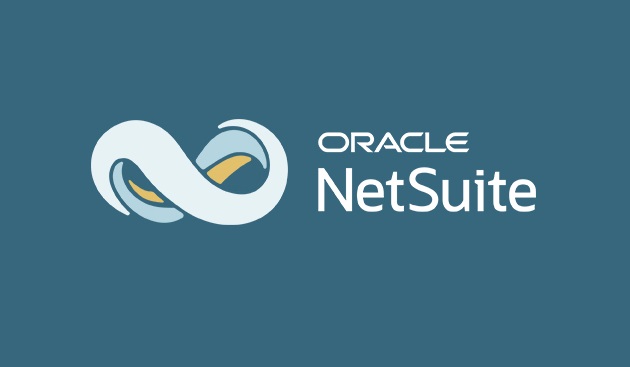As a cloud-based accounting firm, we are major proponents of using modern technology to better serve our clients and build a stronger business. Peering into the future of the accounting industry and anticipating its potential impacts is an important part of our job description but, to be honest, we genuinely enjoy geeking out about it.
In fact, we recently had the opportunity to discuss this very topic with other thought leaders in the cloud accounting space – Stuart McLeod from Karbon, Steph Hinds from Growthwise, and Chris Hooper from Accodex – during a webinar, Beyond the Cloud – The Future of Accounting. Here are a few of the highlights and what the future of accounting could mean for business owners like you:
1) The death of compliance
This is a major theme in the accounting industry today. Some are predicting that machines will take over all compliance-related tasks – which may be true in some ways, but this is a bit of a misnomer. Plain and simple – compliance is not going away. The accountant of the future may be taken off standard annual reporting, but organizations must accept commoditization of compliance and make some changes internally to prepare. Business owners will reap the reward of faster data entry, yet the growing complexity of compliance will ensure the future need for experts in the field.
“We’re probably not going to see our government become less greedy in the U.S. any time soon. That’s why we need a compliance alarm in the first place. If anything, there will be more need for compliance and for specialists in the field in the future.” – Kenji Kuramoto
2) Triple entry accounting
Today, distributed ledgers are a known and trusted source of transactions. In the future, there may be a major shift towards triple entry accounting – a system in which all accounting entries involving outside parties are cryptographically sealed by a third entry. Blockchain technology would allow all entries to live in a public ledger, promoting trust and transparency while eliminating bogus financial statements and the need for costly audits. Revenue and expense transactions could never be falsified and the need for all second party entries would be obsolete – two major time-saving benefits for businesses of the future.
“The value inherent with automating so much of this process is incredibly powerful. It allows us to move up the value chain while lowering prices for our clients.” – Kenji Kuramoto
3) The true measure of success
With the rise of recurring revenue and Saas-based companies, accountants will need to find a way to rise to the challenge of evolving business needs. Today’s businesses are looking for firms that can work WITH them and are willing to get creative to leverage the metrics that are most relevant to their business. While it can be difficult for accountants to embrace metrics beyond the trusted balance sheet, income statement and cash flow metrics, it will be necessary for firms of the future looking to deliver true value and remain competitive.
“Just because a metric doesn’t appear on a client’s tax return doesn’t mean it isn’t incredibly valuable.” – Kenji Kuramoto
4) The human impact of technological change
Thanks to the rise of cloud accounting technology, more and more firms are transitioning to a virtual workforce. While it can be a scary jump to make, the advantages are undeniable. Transportation, especially here in Atlanta, is a huge time suck. In a way, this headache has forced us to adopt virtual work as a means to stay competitive – we’re glad we did.
Firms that embrace this trend will rise, those who don’t will experience considerable difficulty in attracting and retaining top talent. The challenge, of course, of being spread out (across eight states here at Acuity) is maintaining a strong company culture. Cloud technologies help us communicate effectively and stay connected. The benefits for business owners are obvious – happier, more productive employees with more time to provide true value to customers and clients.
So, why does this matter to you?:
These coming changes in cloud accounting span a wide range of industries, and business owners of every kind will sooner or later (we’re guessing sooner) face the major impact of this shift. In the near future, access to on-demand, actionable business data won’t be a distant wish, but an everyday reality. Business owners will no longer be logging into an accounting system to request reporting from their bookkeeper – this intelligence will be readily available via real-time dashboards, SMS notifications or even voice command. This will ultimately empower business owners to make smarter decisions, faster and with confidence.
This article first appeared at https://acuity.co/future-of-cloud-accounting/ .
——–
Kenji Kuramoto is the founder and CEO of Acuity.
Thanks for reading CPA Practice Advisor!
Subscribe Already registered? Log In
Need more information? Read the FAQs
Tags: Digital Currency




